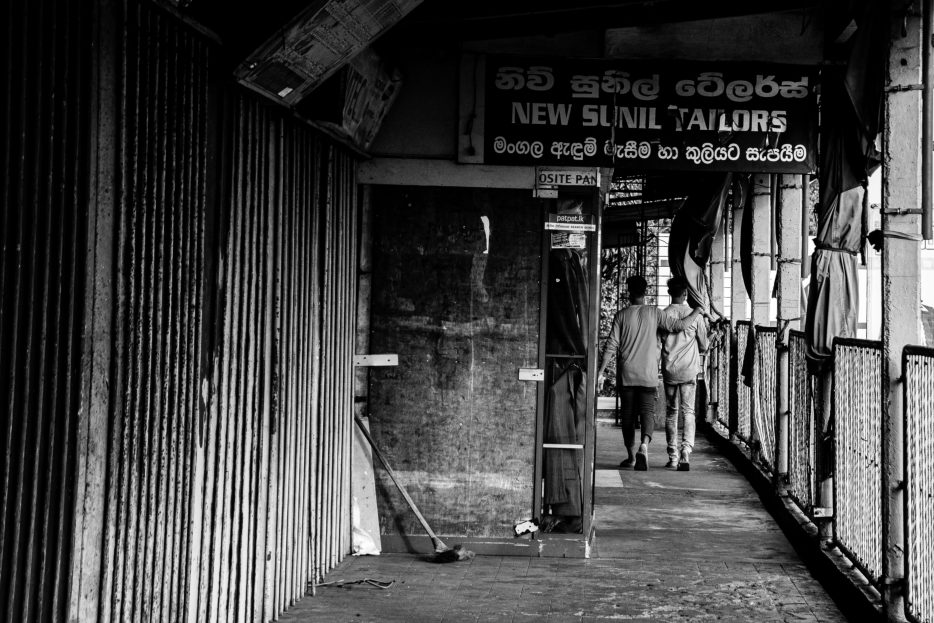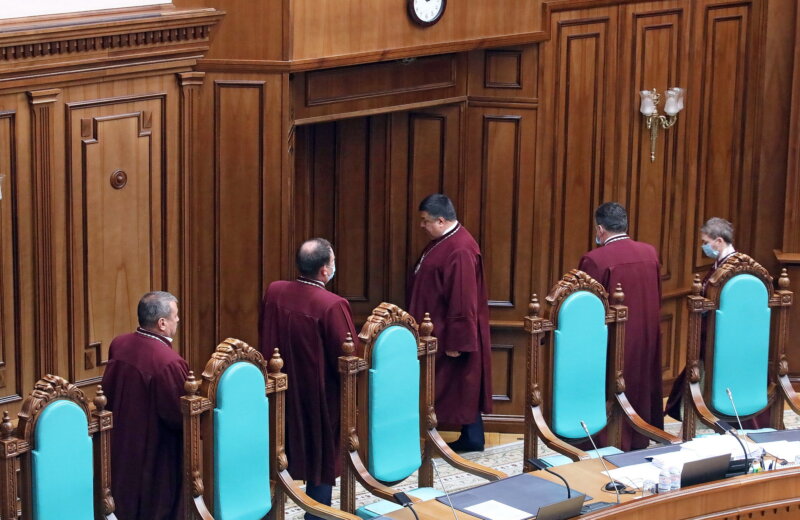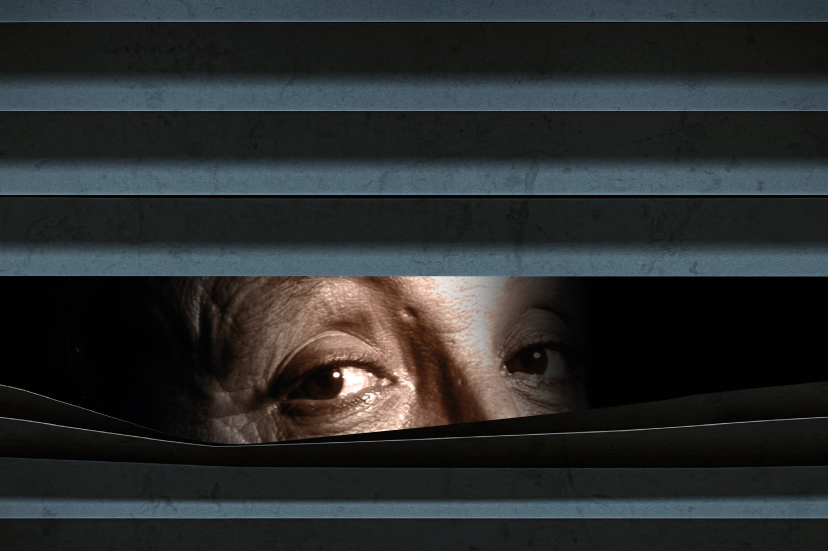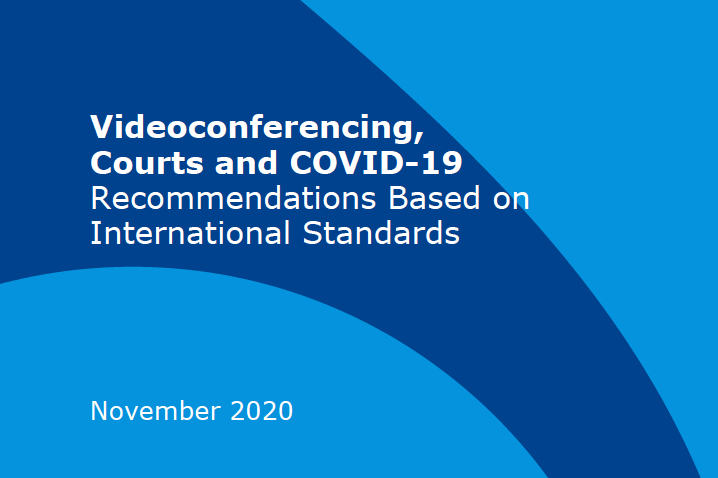
Jul 26, 2022
The governments in the Mekong region (including Cambodia, Laos, Myanmar, Thailand, and Vietnam), relevant United Nations agencies, the ASEAN Intergovernmental Commission on Human Rights, donor communities, development agencies, and private sector actors must take effective steps to address serious deficiencies in the policies and legal framework governing economic development in Special Economic Zones (SEZ), urged civil society actors at an online meeting organized by the International Commission of Jurists (ICJ), EarthRights International, and the Land Watch Thai on 19 July 2022.

Jan 31, 2022
The ICJ launched a briefing paper entitled “Sri Lanka’s Vagrants Ordinance No. 4 of 1841: A Colonial Relic Long Overdue for Repeal” in a webinar held on January 28, 2022.

May 20, 2021
The ICJ has published a briefing paper on decrees of the President of Ukraine on removal of judges of the Constitutional Court. These decrees are assessed in terms of their compliance with international law and standards and the national law of Ukraine.
Based on an analysis of international law and standards on the independence of the judiciary as well as national law, the ICJ concluded that the decrees of the President of Ukraine in respect of the judges of the Constitutional Court of Ukraine (CCU) fail to comply with international law and standards on the independence of the judiciary as well as Ukraine’s own national legal framework.
In particular, a series of measures including the legislative initiative of the President to dismiss the CCU judges, presidential decrees to withdraw appointment of the CCU judges, followed by a criminal investigation against the CCU president, appear to be linked to a CCU judgment with which the government disagreed. If this is the case, it would amount to retaliation against the CCU and individual judges of the CCU as a result of the legitimate exercise of their judicial powers within their competence. This constitutes a violation of the rule of law and the independence of the judiciary.
More precisely, an attempt to dismiss judges of the CCU, by revoking the decrees appointing them seven years after their adoption in a due manner, is not provided for by the law of Ukraine and as such constitutes an extra procedural means to dismiss a judge of the CCU. Dismissal of individual judges by Presidential decree outside the existing procedure strips judges of guarantees of security of tenure, contrary to international law and standards on the independence of the judiciary.
The ICJ stressed that the well-established principles of separation of powers and the independence of the judiciary require that there must be no interference by the executive in the exercise of the judicial functions by the judiciary. This includes disguised means of dismissals of judges duly appointed in accordance with the established procedure.
The ICJ recommended that the State authorities of Ukraine take all legal actions to respect and ensure judicial independence in Ukraine, in particular, by providing effective remedies and reparation to the judges of the CCU concerned in line with the principle restitutio in integrum as recognised in international law, including by revoking their removal and restoring them to their terms of office.
Read full briefing paper here: Ukraine Const Court-ICJ_legal brief_final_eng

Dec 14, 2020
The ICJ today joined the Association des Magistrats Tunisiens (AMT), Avocats Sans Frontières (ASF), and the World Organisation Against Torture (OMCT) in publishing a paper entitled No Reconciliation Without Justice: Current Situation and Prospects of the Specialized Criminal Chambers in Tunisia.
The paper analyses the challenges that the Specialized Criminal Chambers are facing since the opening of trials in May 2018 and formulates recommendations to Tunisian authorities to address these obstacles.
The paper was endorsed by members of the Transitional Justice Coalition.
It is available in Arabic and French:
Tunisia-SCC assess-Advocacy-Analysis brief-2020-ARA
Tunisia-SCC assess-Advocacy-Analysis brief-2020-FRA

Nov 26, 2020
The ICJ has published global guidance on the use of videoconferencing in judicial proceedings, particularly in the context of the COVID-19 pandemic.
The briefing note supplements more general guidance on the Courts and COVID-19 issued in May 2020.
The guidance recognizes the challenges faced by judiciaries in balancing the right to health of judges and others involved in court proceedings, with the fundamental role of the judiciary in securing access to justice, legal protection of human rights, and the rule of law.
It sets out a series of recommendations based on an analysis of relevant provisions of treaties and other international instruments, as well as international and regional jurisprudence.
While encouraging judiciaries and other authorities to seek to ensure availability of videoconferencing capabilities for litigants who voluntarily choose to use it, as well as in certain other circumstances, the guidance also highlights limits on the non-consensual imposition of videoconferencing on certain kinds of hearings, particularly criminal trials and judicial review of deprivation of liberty.
Among the topics covered are the following:
– ensuring public access to proceedings conducted by videoconference;
– the scope for videoconferencing in criminal proceedings, and the particular issues with its use in criminal trials;
– serious concerns with non-consensual imposition of videoconferencing for the judicial review of deprivation of liberty;
– essential considerations for ensuring the right to a lawyer in any use of videoconferencing.
Read also
The guidance is part of a wider body of ongoing work by the ICJ on human rights, the rule of law, and COVID-19. Other publications can be found here.
Download
Universal-videoconferencing courts and covid-Advocacy-2020-ENG (full paper, in PDF, in English)
Universal-videoconferencing courts and covid-Advocacy-2020-ARA (full paper, in PDF, in Arabic)
Universal-videoconferencing courts and covid-News-Press Release-2020-ARA (Press Release, in PDF, in Arabic)









